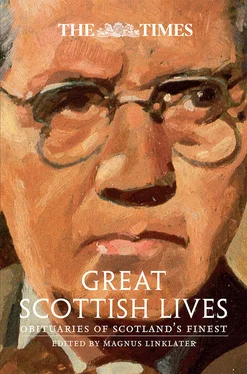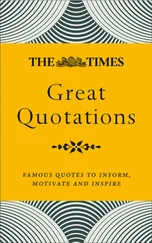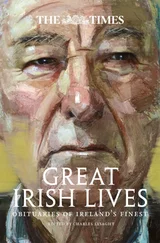That he was, at more than one stage of his career, unfortunate in his friends, few will deny; that he was subjected, during the early stages of the War, to ignorant or malicious abuse, is clear to all who are able to distinguish between disloyalty and misjudgment. But he suffered more than most men would have suffered in the same circumstances, for he had a manner in his own defence which was the worst of weapons against the calumnies of the market-place, and did little to conciliate his more reasoning critics. This appearance of aloof tactlessness was due, in part, to his voice, which was not well suited to eloquence, but even more to something within himself which, while it raised him in intellect far above most of his contemporaries, made him almost a stranger to the workings of the general mind of England. He was a subtle thinker who found it hard to understand − and unfortunately allowed his audience to become aware of his difficulty in understanding − why others did not think as subtly as he.
By nature a metaphysician and by profession a lawyer, he had an exact and an exacting mind, and, though he was in private a kindly and generous man who was neither unduly puffed up by success nor soured by misfortune, he was, in public, singularly without those qualities, good and bad − qualities of ease and warmth and humour on the one hand, of flattery and smooth persuasion on the other − which endear a politician to the masses and, perhaps, to more exalted audiences as well. He had, in short, a seeming tendency, when engaged in controversy, to treat the world as a class-room which made it at once intolerant of his mistakes and less grateful than it might otherwise have been for his high administrative and intellectual services.
Richard Burdon Haldane was born on July 30, 1856, of Scottish and Northumbrian stock. His father, Robert Haldane, belonged to an old Scottish family, and was a Writer to the Signet in Edinburgh. His mother, who died on May 21, 1925, in her 101st year, was a daughter of Richard Burdon-Sanderson, a country gentleman with property in Northumberland, and a great-niece of Lords Stowell and Eldon. Haldane was educated at Edinburgh and Gottingen Universities, obtaining first-class honours in philosophy at Edinburgh, and the Gray and Ferguson scholarships open to the four Scottish Universities.
Конец ознакомительного фрагмента.
Текст предоставлен ООО «ЛитРес».
Прочитайте эту книгу целиком, купив полную легальную версию на ЛитРес.
Безопасно оплатить книгу можно банковской картой Visa, MasterCard, Maestro, со счета мобильного телефона, с платежного терминала, в салоне МТС или Связной, через PayPal, WebMoney, Яндекс.Деньги, QIWI Кошелек, бонусными картами или другим удобным Вам способом.












